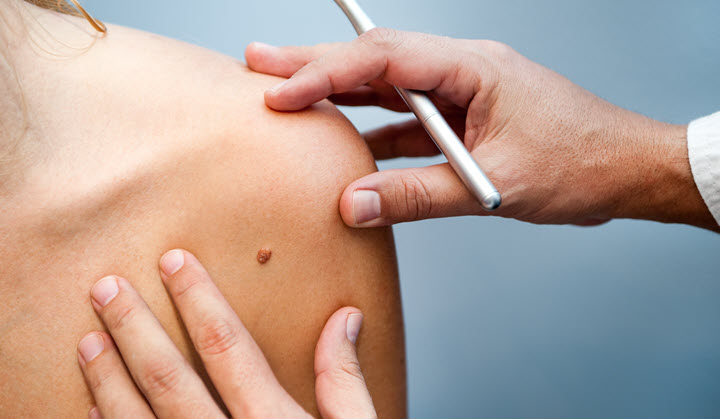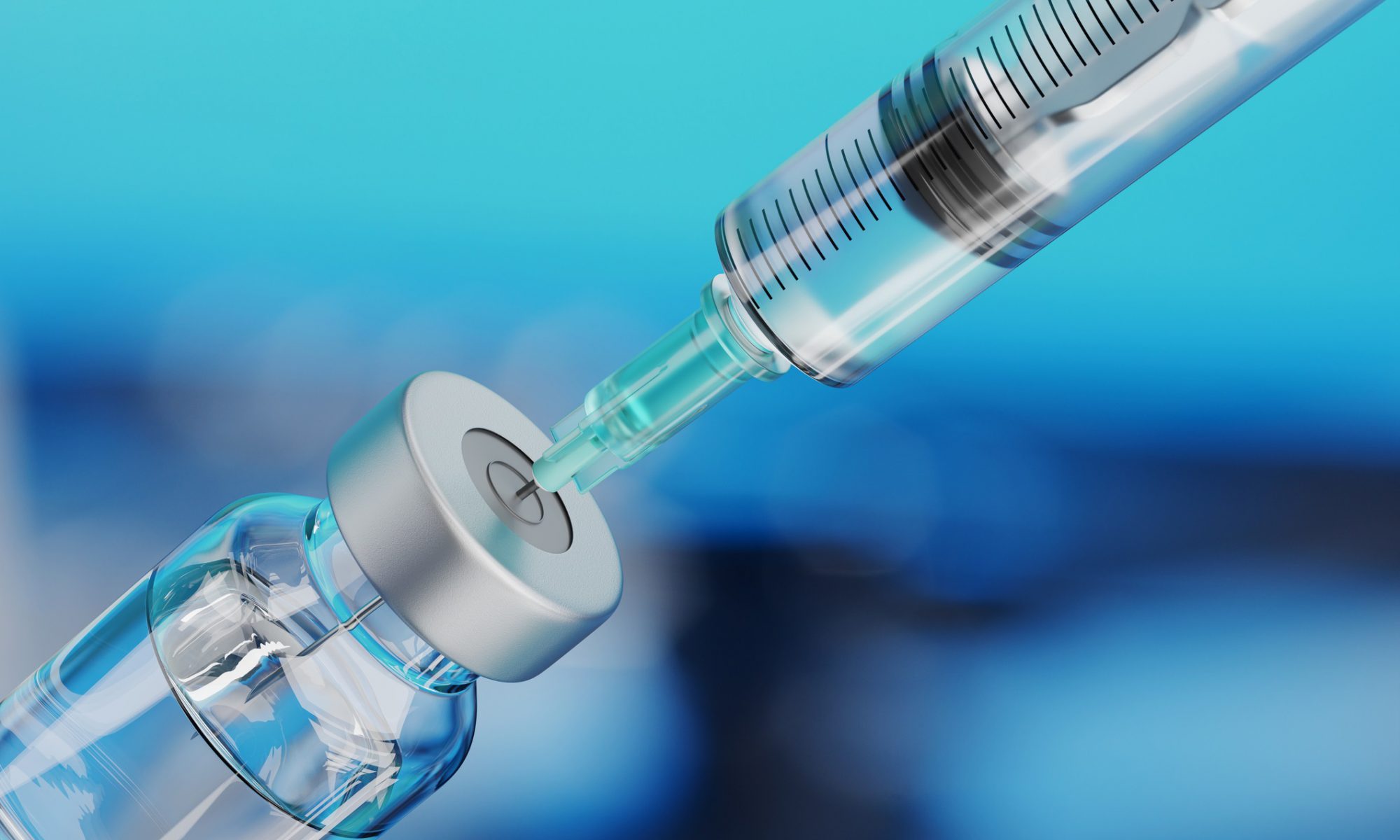Looking for the perfect summer meal? Well, look no further! This recipe for chipotle shrimp tacos with a quick pineapple salsa is bursting with bold flavor and fresh ingredients, is transplant friendly and comes together quickly! Get the recipe on CareDx.com.
World’s First HIV+ to HIV+ Heart Transplant Performed
For the first time, a heart from a donor with HIV has been transplanted into a recipient living with HIV, according to Montefiore Health System in New York City, where the transplant was performed.
Such a transplant was made possible by passage of the HIV Organ Policy Equity (HOPE) Act in 2013, but it took nearly 9 years to see the first successful transplant.
Read the full story in Medscape.
Liver transplantation ‘remains the standard of care’ for HCC patients, regardless of age
Despite increased perioperative risks in older patients with hepatocellular carcinoma and cirrhosis, orthotropic liver transplantation provides greater survival benefit compared with ablative therapies, according to new research.
“Because waitlist demand for [orthotopic liver transplantation (OLT)] continues to increase at a rate that far exceeds the increase in solid-organ donation, it becomes imperative to determine the optimal groups of patients that would benefit from OLT,” Malay B. Shah, MD, FACS, surgical director of the liver transplant program at UK HealthCare at the University of Kentucky, and colleagues wrote in Journal of the American College of Surgeons. “It is well known that elderly patients undergoing elective or emergent surgery have poorer outcomes compared to their younger counterparts.” Read the full story in Healio.
Kidney transplant recipients may have immune-insufficiency during acute COVID-19
Kidney transplant recipients experience immune-insufficiency during acute COVID-19, which may explain the low rates of acute rejection among these patients even with reduced immunosuppression, according to a recently published study.
“Immunosuppressed kidney transplant recipients (KTRs) are largely reported to have poor outcomes compared to non-transplant patients. Since immunosuppression could inhibit the development of protective anti-COVID-19 immunity, most centers have empirically reduced anti-rejection immunosuppression in KTRs with COVID-19 from the onset of the pandemic,” Zeguo Sun, from the department of medicine at the Icahn School of Medicine at Mount Sinai, and colleagues wrote. Read the full story in Healio.
Drinking black tea lowers mortality risk
Drinking just 2 cups of tea every day may lower one’s mortality risk, according to a study published in Annals of Internal Medicine.
Tea, one of the most popular drinks in the world, according to researchers, has previously been linked to a lower mortality risk in populations where green tea is the most common type consumed. Read the full story in Healio.
Influenza and pneumococcal vaccination and COVID-19 in kidney transplant patients
This study aims to investigate the effect of recent influenza and pneumococcal vaccines’ administration on the development of COVID-19 infection in kidney transplant recipients during the pandemic. The full article in ScienceDirect.
Robotic kidney cancer surgery shows desirable outcomes in study
Robotic surgery compared favorably with standard surgery in a review and analysis of data from 1,375 patients who underwent surgery to remove cancer from the kidney and inferior vena cava. The inferior vena cava (IVC), the body’s biggest vein, carries blood out of the kidneys back to the heart. Cancer can infiltrate this vein and advance to the liver and heart. Robotic IVC thrombectomy resulted in fewer blood transfusions and fewer complications overall in patients compared to standard, open IVC thrombectomy. The findings should compel further studies of the benefits of robotic IVC thrombectomy. Read the study in Science Daily.
Study provides insights into how the immune system of kidney transplant recipients responds to COVID-19
Kidney transplant recipients (KTRs) have experienced severe symptoms and poor outcomes with COVID-19. Because the long-term antirejection immunosuppressive drugs that KTRs take could inhibit the development of protective anti-COVID-19 immunity, most hospitals have reduced the drugs’ doses in KTRs with COVID-19. Surprisingly, reported rates of acute rejection have been low despite reduced immunosuppression in these patients. A new study in JASN provides a potential explanation.
To study KTRs’ immune responses in the face of COVID-19, a team lead by Madhav C. Menon, MBBS, MD (Yale University School of Medicine and Icahn School of Medicine at Mount Sinai) analyzed the blood of 64 KTRs with COVID-19, including 31 acute cases (< 4 weeks from diagnosis) and 33 post-acute cases (>4 weeks). Patients were enrolled form Mount Sinai and Montefiore hospital (Albert Einstein College of Medicine)—two hospitals at the forefront of the pandemic in its early months. Read the full story in Medical Xpress.
Skin Cancer After an Organ Transplant: Risks, Prevention and Treatment
As a transplant recipient, you seek to protect your health in many ways, including taking immunosuppressant medications. By preventing your immune system from rejecting your new organ, these therapies play a critical role in your care. But they also come with side effects, including an increased risk for skin cancer.
Fortunately, you can work with your doctors to prevent skin cancer or detect it early, when it’s most treatable. Read the full story on CareDx.com.
Myocarditis risk ‘significantly higher’ with COVID-19 vs. vaccination
Data from a large cohort in England suggest that risk for myocarditis, while small overall, is significantly higher after SARS-CoV-2 infection in unvaccinated individuals vs. after COVID-19 vaccination, researchers reported.
In an analysis of more than 42 million vaccinated children and adults, researchers also found that although the risk for myocarditis with SARS-CoV-2 infection remained after vaccination, it was “substantially reduced,” suggesting vaccination provides some protection from the CV consequences of SARS-CoV-2. Read the full story in Healio.







